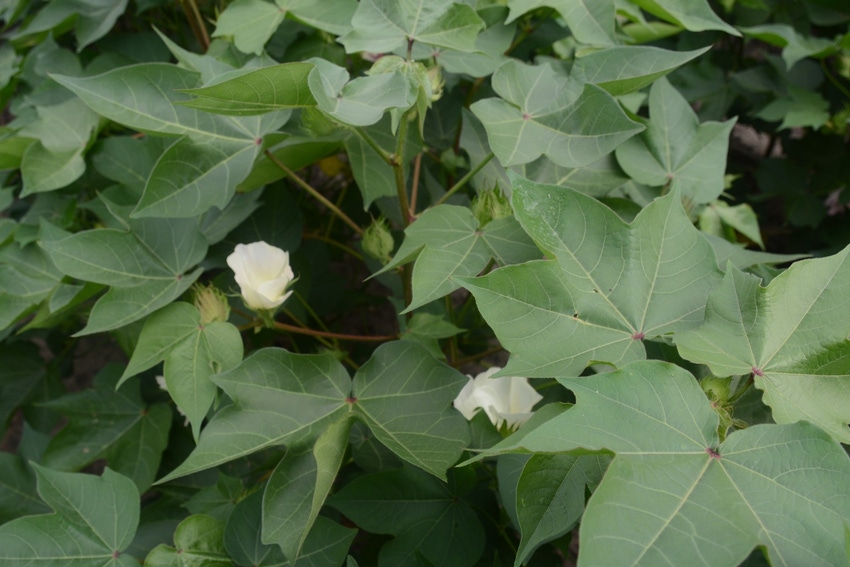
After a successful first year, the North Carolina Department of Agriculture’s cottonseed testing program will continue into 2021.
“It is again non-mandatory, cooperative, and voluntary program. The seed companies have all indicated they would agree to participate in this program again in 2021,” said Dr. Guy Collins, North Carolina State University Extension cotton agronomist in a presentation to the virtual North Carolina Crop Protection School Dec. 2.
Collins urged seed companies, seed dealers and farmers to be proactive in the program. The need for the program was triggered when some cotton growers experienced germination problems with the seed they planted.
Collins noted that issues with average cool germination in cotton became more noticeable during 2017 when the state began to see an alarming drop in cool germination that continued in 2018 and 2019. However, there have been instances of poor warm and cool germination dating back to 2012.
In the program, seed companies intend to notify NCDA that the seed is arriving into North Carolina. “NCDA inspectors will go and pull samples per their protocol to be put in seed testing at the NCDA lab,” Collins said.
“It takes 12 days to complete the test that assumes the dealer contacts NCDA immediately and that assumes inspectors can get right there that minute and assuming the samples can be pulled immediately and go directly into the germinator. Those are all very big assumptions,” he added. “Our inspectors have done a very good job facilitating this program, but proper planning well before planting season will help this program run smoothly.”
Collins urges farmers who want their seed tested for cool germ and warm germ to inform their seed companies early, as early as January, that they need the NCDA germination information in hand prior to planting. He said it is critical these conversations be held in January or February. April will be too late to start thinking about it, or having those conversations.
“In the large, large majority of the cases, if the seed company said the seed quality was good then NCDA test results reflected that. Occasionally there is a discrepancy between those two, but NCDA results are the only ones that can be considered official if you were to ever have seed complaints,” he noted.
Collins said the program’s first year was a huge success and he is confident the second year will be equally successful. NCDA effectively sampled 607 samples from different seed lot tests. The large majority tested were good quality seed, but there were a few lots that did have some germination problems.
About the Author(s)
You May Also Like






